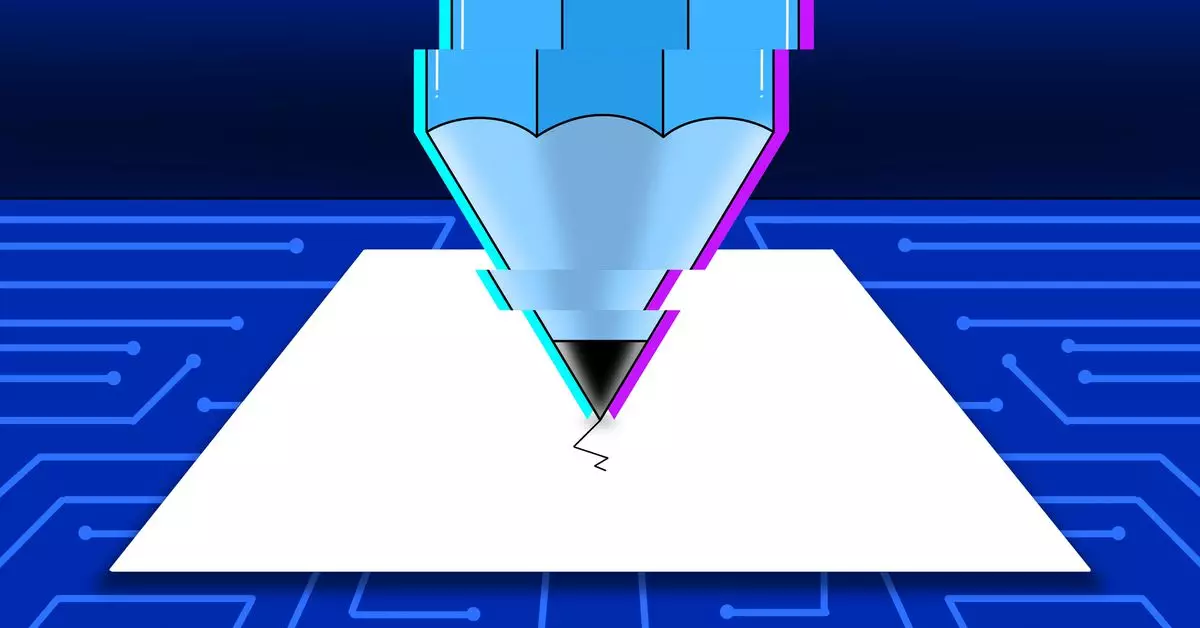In a pioneering move within the publishing industry, Penguin Random House has introduced a new clause on the copyright pages of its books, stating that “No part of this book may be used or reproduced in any manner for the purpose of training artificial intelligence technologies or systems.” This initiative marks a significant moment in the ongoing discussion surrounding intellectual property in the age of artificial intelligence. As AI technologies increasingly automate processes and ingest large datasets, traditional publishing houses are beginning to adapt their copyright practices to safeguard their works.
Penguin Random House claims a notable position as one of the first major publishers to explicitly account for AI on its copyright pages. The move can be seen as a warning shot to technology companies that leverage written content for AI training. However, it poses important questions regarding the broader implications for copyright law in relation to evolving technologies. It is essential to note that while this clause expresses the publisher’s intent, it does not provide a legally binding framework that could effectively prevent AI companies from utilizing their content.
The introduction of this clause may resemble what web developers use—a robots.txt file—to request automated systems refrain from scraping content. However, the comparison falls short. The robots.txt file is a guideline rather than a legal directive. Consequently, the newly drafted copyright clause runs parallel to established copyright laws that protect authors’ original works regardless of an explicit notice. The complexities of copyright, fair use, and data mining exceptions loom large in the backdrop of this clause, suggesting that simply articulating a desire to prohibit AI use may not hold up in court.
Publishers, authors, and content creators are in a precarious position as AI continues to infiltrate their sectors. While Penguin Random House’s initiative may resonate with those concerned about intellectual property rights, it also raises the vital issue of where the industry is headed. AI technologies can potentiate new forms of creativity and engagement, challenging the notion of traditional authorship and intellectual property. Therefore, this copyright modification might be less about legislation and more about beginning a dialogue about the responsibilities of tech companies and the rights of content creators.
As Penguin Random House steps into this uncharted territory, their actions could inspire other publishers to adopt similar clauses, potentially leading to an industry standard aimed at protecting creative expressions from being exploited by machine learning algorithms. However, as technology continues to evolve, the effectiveness of such statements may diminish unless accompanied by concrete legal measures. The publishing industry stands at a critical crossroads: navigating the intersection of technology and intellectual property will be pivotal in preserving its integrity and fostering innovative growth. The question remains whether these initiatives will actually translate into meaningful protections in the long run.


Leave a Reply